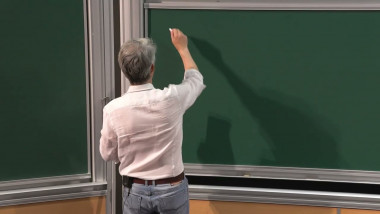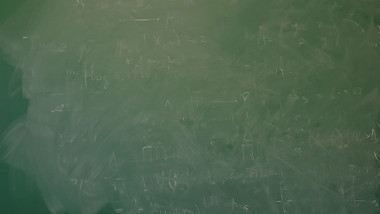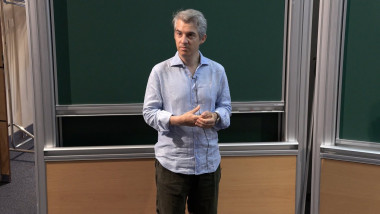Apparaît dans la collection : Research School in Discrete Mathematics and Computer Science / École de recherche en mathématiques discrètes et informatique - WEEK 1
This talk illustrates the story of an associate professor in computer science who suddenly discovers the reality of the Anthropocene, and sees his perception of scientific activity somewhat altered. What is the role of scientists at a time when mankind impact on the world has never been greater? How can research and teaching be reoriented to anticipate and move towards desirable futures? Three forms of engagement are proposed. Firstly, non-violent civil disobedience is a way of claiming in public debate the existence of scientific facts that are now consensual, such as anthropogenic climate change. For all that, scientists undoubtedly need to avoid an overhanging and prescriptive position, which is not their responsibility in the contract of democratic societies. Secondly, redirection from one's own discipline - computer science - is a way of approaching the question of the environmental impact of digital technology, and of adopting a reflexive and critical stance on these extremely invasive technologies in society. Finally, we outline the experience of redirecting a scientific community - the neurosciences of Marseille.















